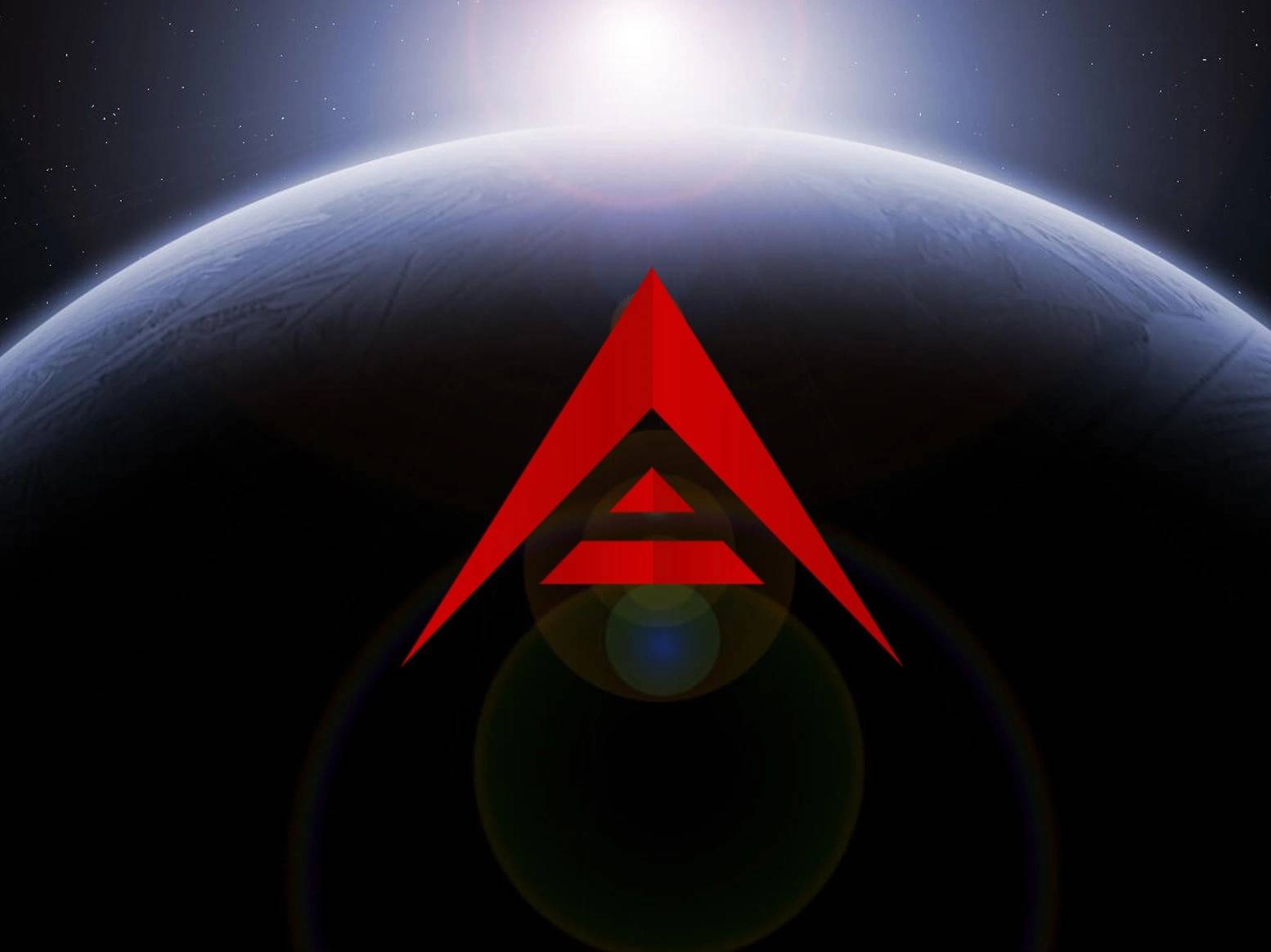Subscribe to wiki
Share wiki
Bookmark
Ark
The Agent Tokenization Platform (ATP):Build autonomous agents with the Agent Development Kit (ADK)
0%
Ark
What is ARK?
ARK is a decentralized ecosystem designed to increase user adoption of blockchain technology. The ARK Crew, a self-named development team, has outlined clearly in their whitepaper that they plan on bringing blockchain to the masses by building "A Fast Secure Core Technology" with "Practical Services for Real People".
To put it simply, the ARK Crew is creating a sandbox ecosystem where businesses and other users can create their blockchain from a clone of ARK in just a few clicks. To make this ecosystem as widely accessible as possible, the Crew is focusing heavily on providing a good user experience and incorporating as many other blockchains and coding languages as possible.[3]
How does it work?
The ARK Crew is building several notable features into their ecosystem – all with the unified, underlying goal of making blockchain more accessible to the world:
- SmartBridges
- Alternative Programming Languages
- Push Button Deployable Blockchains
SmartBridges are used to "bridge" separate blockchains together through the ARK core platform. ARK becomes the intermediary between different chains allowing them to communicate with one another and trigger events across chains – something that isn’t currently possible.
Exchanges like Coinbase and Shapeshift also benefit from SmartBridges. These platforms can use encoded listeners to act as a medium for SmartBridge transactions while still charging their normal transaction fees.
With the integration of alternative programming languages, almost any developer can feel comfortable building on top of ARK. As of this writing, ARK already includes support for:
- Python
- Elixer
- RPC
- Java
- .NET
- Go
- PHP/Laravel
- TypeScript API
- Nucleic
- Ruby
- Swift iOS
R, C, Advanced PowerShell, Rust, Kotlin, and C++ support will be available soon.
Push button deployable blockchains can be used to easily fork ARK and create your project. These forks are perfect for start-ups and come with many of the existing ARK features out-of-the-box. Even better, chains deployed through this feature automatically have SmartBridges equipped.
ARK Developed a Game and Application with Html5 to launch on ARK Mobile Wallet.[1]
Delegated Proof-of-Stake
ARK operates using a Delegated Proof-of-Stake (DPoS) consensus algorithm. Unlike Bitcoin, in which miners with expensive rigs secure network transactions, the ARK network is secured by delegates. There are hundreds of potential delegates, but token holders in the ARK ecosystem continuously vote on who gets to be an active, forging delegate. Only 51 delegates were cut.
As a token holder, you’re only allowed to vote for one delegate at a time. The fee to vote/unvote is just 1 ARK, so it’s advantageous to at least vote once for a delegate you support. The more ARK tokens you own, the more powerful your vote.
Reputable delegates have written proposals in which they document how they will operate. Many of the popular ones include profit sharing from the rewards they receive when they forge new blocks. If you vote for a delegate with profit sharing, you effectively get dividends over time.
Other delegates are run to fund development projects giving voters an equity stake or providing services on applications that may be unprofitable otherwise. With your vote, the choice is entirely your own.
The ARK ecosystem was launched with 125 million ARK in the genesis (first) block. Delegates are awarded 2 ARK for each block that they forge, and a block is forged about every 8 seconds.
Assuming the 8-second block time doesn’t change, the scheduled inflation of ARK will be 6.31% in the first year, 5.93% in the second year, and will continue to decrease to 4.02% in the tenth year. This is a much less dramatic drop than both Lisk and Ethereum.
The 8-second block time puts ARK on the faster end of transaction times for cryptocurrencies. To put it in comparison, Bitcoin has 10-minute block times, Litecoin’s are 2.5 minutes, and Ethereum transactions typically take 14 seconds.
Currently, the ARK network can process 25 transactions per block. The Crew has stated in the whitepaper, though, that they plan on making this more scalable. They’ll do this by lowering the block time and increasing the number of transactions that are in each block.
Fees
To send ARK, you have to pay a transaction fee of 0.1 ARK. This amount is going to change as the network grows and/or becomes more efficient. To register as a delegate, you need to pay 25 ARK and, as I mentioned earlier, casting a vote for a delegate currently costs 1 ARK.
However, with the next core update, these fees will be reduced to:
- ending ARK: 0.01 ARK
- Voting/Unvoting: 0.02 ARK
- Registering a delegate: 10 ARK
All fees are paid to the forging delegate who processes the block containing those fees.[2]
See something wrong?
The Agent Tokenization Platform (ATP):Build autonomous agents with the Agent Development Kit (ADK)
